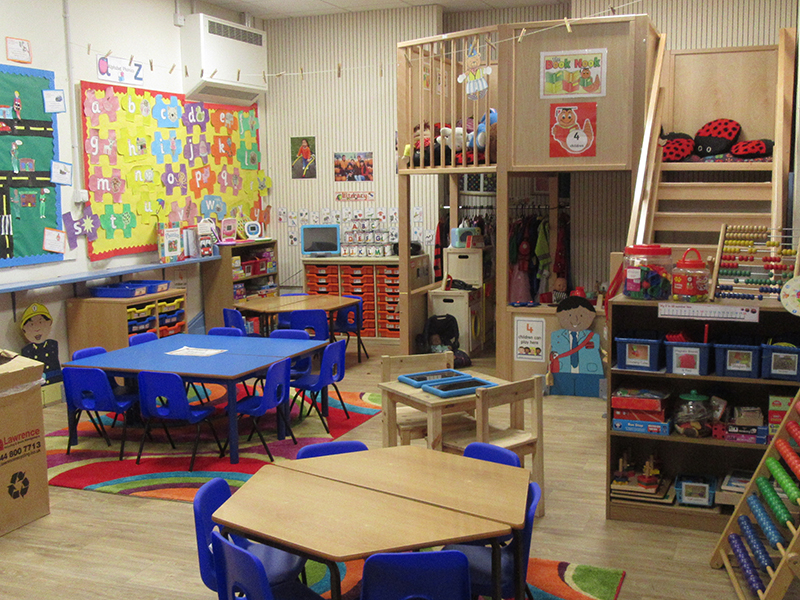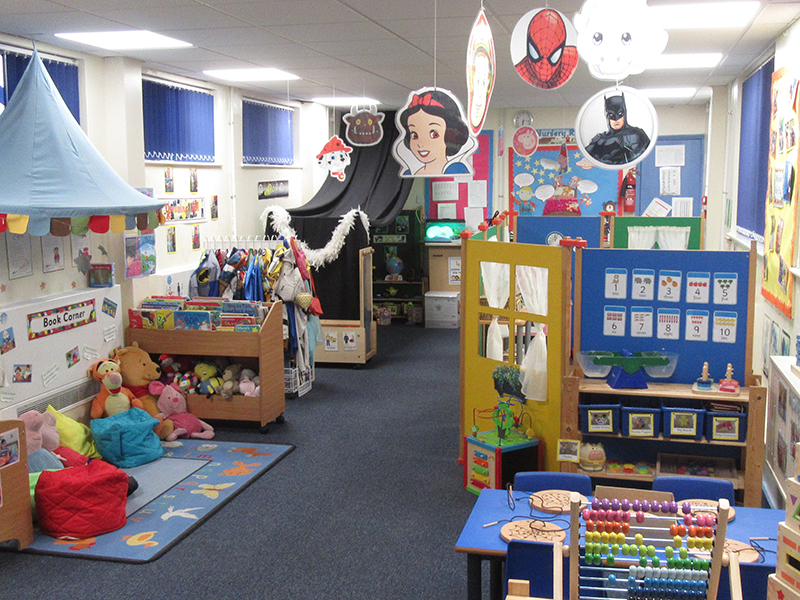T: 01562 822929 Ext:200


Little Trinity Nursery is a warm and friendly establishment where the children positively blossom in this creative, happy environment. We recognise that children have a variety of talents and enjoy working on different tasks and at different speeds. Little Trinity Nursery provides opportunities for each child to experience:


All activities/ work are planned on the Early Years Foundation Stage Framework. Ofsted carry out inspections on a regular basis to ensure that goals and standards are being met by the Nursery. Information is given to parents/carers each week to show what is on offer for the children. This allows parents/carers to become involved in their child’s learning.
The framework that the Nursery uses as guidance for our youngest pupils is the ‘Early Year’s Foundation Stage 0 -5’ Framework.
The Early Years Foundation Stage Framework aims to educate all children in a manner which enables them to grow socially, emotionally, physically and intellectually whilst remaining happy and secure.

The framework takes as its focus ‘the child’ and steers away from subjects and distinct curriculum headings.
The framework is taught through a variety of topics which might include, transport, stories, growth, the environment etc. Regular observations are completed on the children and information from these is then used for future planning, therefore enabling us to plan activities that are of interest to the children at the time. The children’s development and progress will be at different rates so the framework caters for the less able and for those who need more of a challenge. We do not expect all of the children to achieve all of the tasks at the same time.
There are seven areas of learning to the framework and these aspects are divided into components. We use these areas of learning and components to plan activities suitable for the children. Planning should focus on the three prime areas for children under 3 years. These areas are Personal, Social and Emotional Development, Communication and Language and Physical Development. There are also 4 specific areas; Literacy, Mathematics, Understanding the World and Expressive Arts & Design. The children will cover these areas in more detail as they progress through to Kindergarten. Each area of learning have goals that children are expected to achieve by the end of Year Reception.
Below are the seven areas of learning components and the goals for each area:














The EYFS Framework exists to support all professionals working in the EYFS to help your child, and was developed with a number of early years experts and parents.
The legal welfare requirements that everyone registered to look after children must follow to keep your child safe and promote their welfare
The 7 areas of learning and development which guide professionals’ engagement with your child’s play and activities as they learn new skills and knowledge
Assessments that will tell you about your child’s progress through the EYFS
Expected levels that your child should reach at age 5, usually the end of the reception year; these expectations are called the “Early Learning Goals (ELGs)”